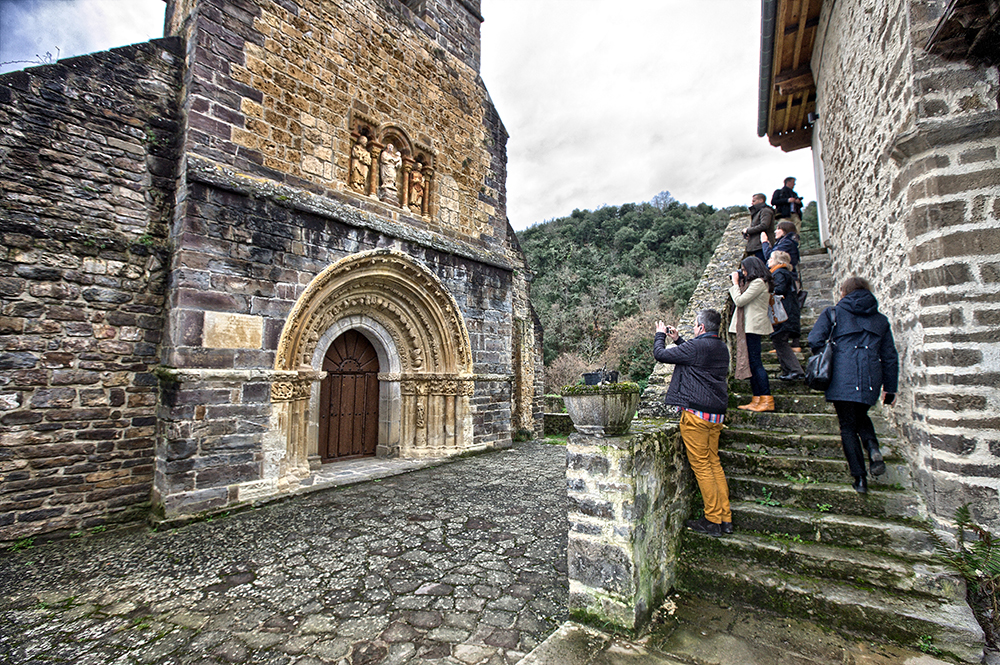4 out of 5 Europeans think that religious buildings are essential for community life, and want them used more widely. A poll run in April 2014 by the network Future for Religious Heritage (FRH), conducted by Sociovision and Toluna, shows that Europeans of all generations have a strong attachment to their religious buildings and want to safeguard them for the future. Read the results (PDF).

6,000 Europeans from France, Germany, UK, Spain, Belgium, the Netherlands, Poland and Sweden were asked to rank the importance of religious heritage for their cultural heritage, the importance of religious heritage conservation for their community’s current and future life, and the possibility of churches and other religious buildings being open for non religious activities.
The poll shows that 84% of Europeans of all ages (18<) in all the regions polled agree that European shared religious heritage – the 500,000 buildings themselves and their contents with a history dating back well over a 1,000 years – represents a unique and essential part of Europe’s cultural heritage and are a key element of European identity.
Europe’s religious buildings have stood central to its communities for hundreds of years and continue to play an integral part in community life today. 79% of people polled also believe that they have a crucial part to play for the future survival of their communities.
The poll shows that 87% of European citizens are also very open to the idea of promoting religious buildings and their architectural or artistic treasures to tourists.
72% of Europeans also think that, as well as worship, religious buildings should be open to other activities.
Olivier de Rohan Chabot, President of FRH says:
“Europe’s religious heritage is under threat and the buildings are often ill adapted to the needs of modern society . Knowledge transfer and innovation will be needed on a European level if this remarkable patrimony is to be handed down to future generations.”
For more information email info@frh-europe.org.





Follow us: